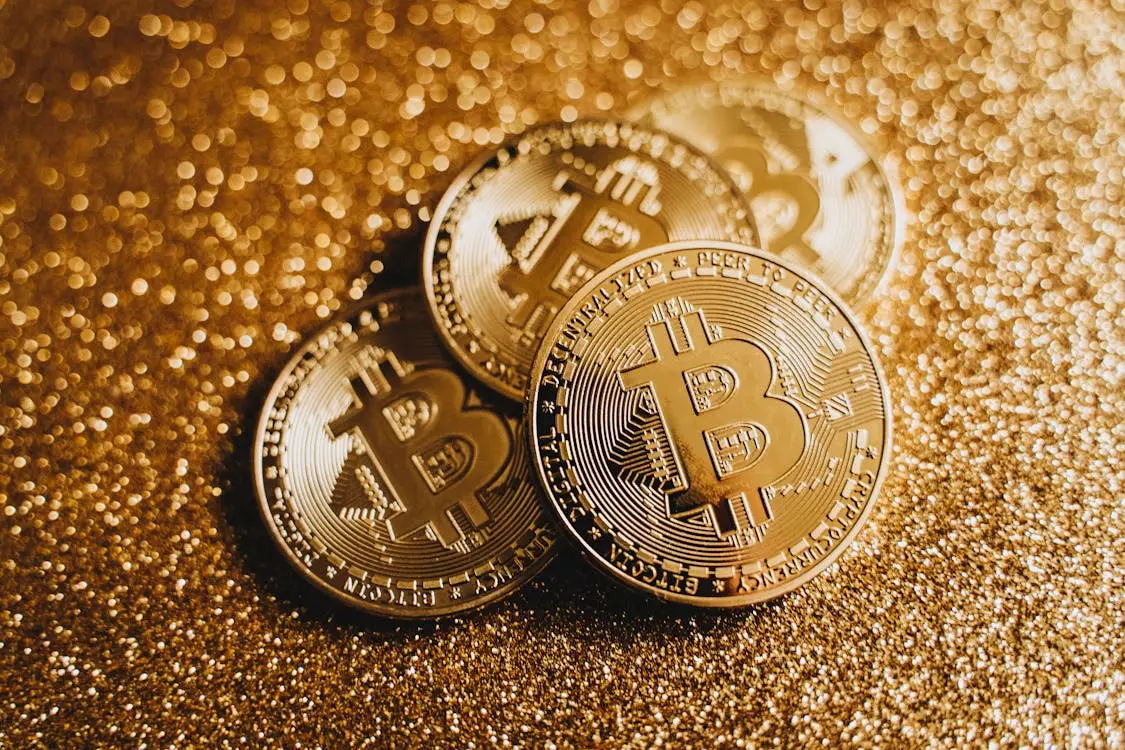In recent years, the financial landscape has witnessed a transformative shift with the rise of digital currencies. Bitcoin, often dubbed “digital gold,” has emerged as a significant player in global finance, prompting discussions about its potential to serve as a global monetary standard. Matthew Sigel, the Head of Digital Assets Research at VanEck, has drawn attention to this transition, suggesting that Bitcoin could redefine reserve assets in a manner analogous to gold. His remarks, particularly in the context of a proposed United States Strategic Bitcoin Reserve, have stirred debate and interest among economists, policymakers, and investors alike.
The historical significance of the gold standard cannot be understated; for decades, nations relied on gold reserves to underpin their economic stability. Sigel’s proposition implies that Bitcoin could fill this role in the digital age, presenting a compelling case for both the reinvention of monetary systems and the strategic positioning of the US in a new financial era. By accumulating a substantial reserve of Bitcoin, estimated at one million BTC, the US could potentially leverage the cryptocurrency’s growing acceptance and inherent traits to solidify its economic power on the global stage.
While gold has long been regarded as a safe haven asset, Bitcoin brings forth a suite of unique benefits that set it apart. With its digital nature, Bitcoin transactions are rapid and highly portable, in stark contrast to the complexities involved in trading physical gold. This digital portability increases accessibility and mitigates the risks associated with theft and transportation. Bitcoin’s supply is capped at 21 million coins, introducing a level of scarcity that does not exist with gold mining, which can fluctuate based on market conditions and technological advancements.
This planned scarcity aligns with growing concerns over inflation and economic uncertainty, making Bitcoin an intriguing prospect for investors seeking a hedge against traditional financial pitfalls. As government interest in exploring central bank digital currencies (CBDCs) rises, Bitcoin’s decentralized structure and resistance to governmental influence become even more appealing. Countries like El Salvador have already taken bold steps towards adopting Bitcoin as legal tender, signaling a potential trend that could reshape how nations view digital currencies.
Despite its advantages, Bitcoin faces significant hurdles in its quest for widespread acceptance. The cryptocurrency’s notorious price volatility remains a critical barrier to its utilization as a stable medium of exchange. In comparisons to gold, which has maintained a consistent purchasing power over time, Bitcoin’s price can fluctuate dramatically within short periods. This instability raises concerns among economists and financial institutions regarding its reliability in everyday transactions and as a reserve asset.
Moreover, the psychological barriers surrounding Bitcoin’s adoption complicate its ability to function as a traditional currency. Many individuals, including seasoned investors, grapple with the complexities associated with digital wallets and blockchain technology. As such, the integration of Bitcoin into daily commerce remains impeded by a lack of understanding and general apprehension towards this new financial paradigm.
The discourse surrounding Bitcoin’s potential to act as a global monetary standard is becoming increasingly relevant as digital currencies gain traction. Sigel’s insights highlight a renewed interest in the role Bitcoin could play as financial dynamics evolve. Nevertheless, it is essential for stakeholders—governments, investors, and consumers—to carefully navigate the challenges and opportunities presented by this digital asset.
The future trajectory of Bitcoin may depend upon its ability to address concerns related to volatility and usability while simultaneously demonstrating its value proposition against traditional assets such as gold. As the financial ecosystem continues to digitalize, the interplay between Bitcoin and established monetary systems will shape how societies perceive value and exchange. The ongoing dialogue surrounding Bitcoin’s legitimacy will undoubtedly influence its role in the global economy and people’s views on the future of money in an increasingly interconnected world.
The evolving financial landscape presents a transformative opportunity for Bitcoin, standing at the intersection of innovation and tradition. Whether it will emerge as a dominant currency in the future remains a question that will be closely monitored by both its advocates and detractors in the years to come.

